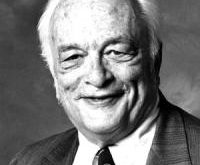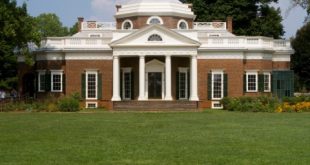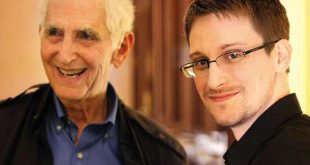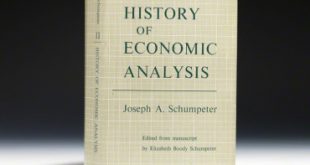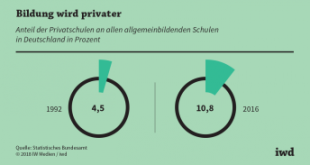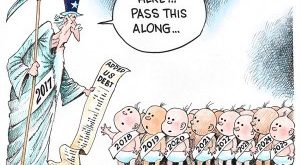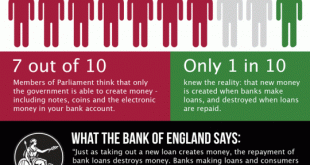Vickrey on deficits and obfuscatory financial rectitude We are not going to get out of the economic doldrums as long as we continue to be obsessed with the unreasoned ideological goal of reducing the so-called deficit. The ‘deficit’ is not an economic sin but an economic necessity […] The administration is trying to bring the Titanic into harbor with a canoe paddle, while Congress is arguing over whether to use an oar or a paddle, and the Perot’s and budget...
Read More »Mainstream economics — the true picture
Mainstream economics — the true picture Mainstream economists’ picture of economics looks like this: In reality, I would argue, it looks more like this:
Read More »My friends — you bow to no one
My friends — you bow to no one Edward Snowden and Daniel Ellsberg. Bravest of the brave. [embedded content]
Read More »Erich und die Mauer
Erich und die Mauer “Niemand hat die Absicht, eine Mauer zu errichten“, beteuerte Walter Ulbricht am 15. Juni 1961. Zwei Monate später, am 13. August 1961, begannen die Arbeiten am Mauerbau. Am 9. November 1989 kündigt Politbüro-Sprecher Günther Schabowski Reisefreiheit für alle DDR-Bürger an. Noch am selben Abend öffnen sich die Grenzübergänge. [embedded content]
Read More »Fragen eines lesenden Arbeiters
Fragen eines lesenden Arbeiters Wer baute das siebentorige Theben? In den Büchern stehen die Namen von Königen. Haben die Könige die Felsbrocken herbeigeschlappt? Und das mehrmals zerstörte Babylon – Wer baute es so viele Male auf? In welchen Häusern Des goldstrahlenden Lima wohnten die Bauleute? Wohin gingen an dem Abend, an dem die chinesische Mauer fertig war, Die Maurer? Das große Rom ist voll von Triumphbögen. Wer errichtete sie? Über wen...
Read More »Schumpeter — an early champion of MMT
Schumpeter — an early champion of MMT Evidently this phenomenon is peculiar to money and has no analogue in the world of commodities. No claim to sheep increases the number of sheep. But a deposit, though legally only a claim to legal-tender money, serves within very wide limits the same purposes that this money itself would serve. Banks do not, of course, ‘create’ legal- tender money and still less do they ‘create’ machines. They do, however, something—it...
Read More »Here with me
[embedded content]
Read More »Privatschulen? Nein Danke!
Es gibt aber auch gute Gründe, die wachsende Beliebtheit von Privatschulen zu begrüßen. In einigen Regionen schließen Privatschulen nämlich Lücken im öffentlichen Bildungssystem. Sie mögen zudem in einigen Fällen zu mehr Vielfalt und Flexibilität im Bildungssystem beitragen. Es spricht ein weiteres Argument für sie: Sie erhöhen den Wettbewerb und zwingen damit auch öffentliche Schulen, besser zu werden. Wenn die örtliche öffentliche Schule nicht gut genug ist oder als nicht...
Read More »Is public debt — really — a burden on future generations?
Is public debt — really — a burden on future generations? The real issue … is not whether it is possible to shift a burden (either in the present or in the future) from some people to other people, but whether it is possible by internal borrowing to shift a real burden from the present generation, in the sense of the present economy as a whole, onto a future generation, in the sense of the future economy as a whole … The latter is impossible because a...
Read More »Time to rewrite textbooks on money creation
Time to rewrite textbooks on money creation This article has discussed how money is created in the modern economy. Most of the money in circulation is created, not by the printing presses of the Bank of England, but by the commercial banks themselves: banks create money whenever they lend to someone in the economy or buy an asset from consumers. And in contrast to descriptions found in some textbooks, the Bank of England does not directly control the...
Read More » Lars P. Syll
Lars P. Syll

